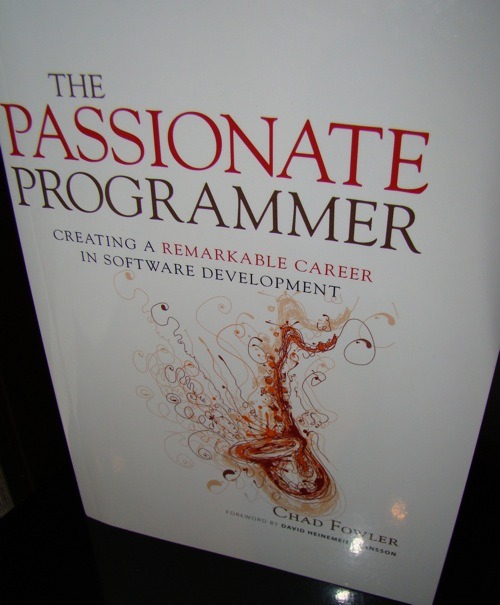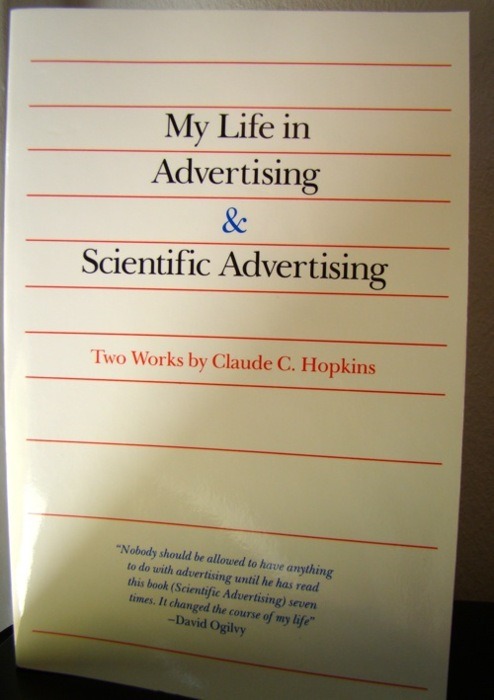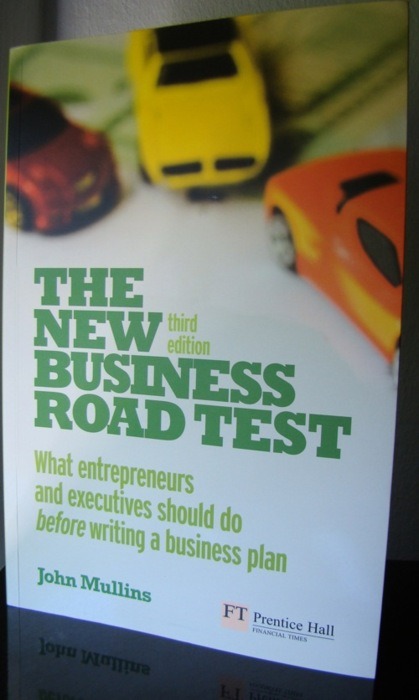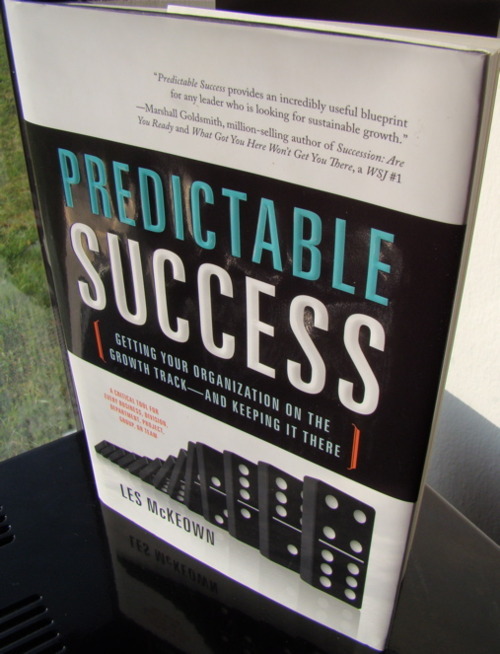
What is it about?
Most people are mediocre at their job. Some are not like Chad Fowler how talks about being remarkable. This doesn’t only apply to programmers, it applies to every kind of occupation.
What can I learn?
Don’t be a jerk: This one is actually a pretty important thing to learn for programmers. I know a lot of them and many think that people who don’t understand how to program are inferior. They like their tech talk and they isolate their selves from the rest of the company. I don’t know if people can learn this that fast but maybe it’s an beginning. Stop talking tech talk if you talk with non-tech people. They don’t care about every minute detail. They got problems and want them solved. Think more about them and how you can solve their problems.
Learn about business: The next step is to open yourself to new areas like business. You may laugh about sales persons but they make the money. You don’t have to be friends with business people, however it is recommended. Learn about what they are doing. How that accounting work. What do the marketing people do? This insight is extremely valuable among software devs because most of them know a thing about such stuff. You will learn about new problems, new solutions and new persons.
Market yourself: If you realized that there are people out there who actually appreciate if you help them solve their problems and became less a jerk, then it’s maybe time to market yourself actively. An easy way is to start a blog. Write about what you doing, about solutions for problems that you encountered. A big blog will often lead to some invitations to conferences or book deals.
Conclusion
A great book for every specialist. It doesn’t matter if you’re a biochemist, software dev or designer, a lot of tips will help you to build a remarkable career for yourself.




